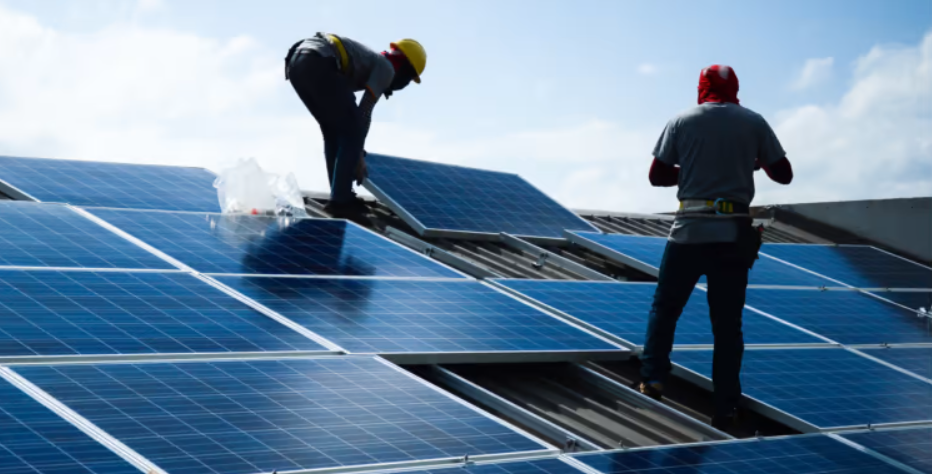From subsidising energy to reducing dependence
 The only real answer to energy price inflation is to reduce energy needs and dependence on fossil fuels, prioritising those on low incomes.
https://socialeurope.eu/from-subsidising-energy-to-reducing-dependence
The only real answer to energy price inflation is to reduce energy needs and dependence on fossil fuels, prioritising those on low incomes.
https://socialeurope.eu/from-subsidising-energy-to-reducing-dependence

On top of the huge human and material devastation in Ukraine, the Russian invasion and the resulting sanctions have caused energy prices across Europe to soar. Governments seeking to alleviate the negative impacts of price increases on households have introduced, among other things, energy subsidies and reductions of value-added tax for electricity, gas and fuel.
While such policies may be required to protect those most in need, subsidising energy use is a short-term solution—a temporary, partial compensation which does not always reach those hardest hit. Subsidising fossil-fuel energy use also clashes with the European Union’s aim to limit greenhouse-gas emissions and maintains its energy dependency on third countries, such as Russia. The unaffordability of energy could however be addressed in harmony with EU climate policy, and its geopolitical interests, if governments shifted from subsidies to investing in the reduction of households’ energy needs and dependence on external sources.
The term ‘energy poverty’ often comes up in discussions of the price squeeze, suggesting that access to energy is the key objective. But energy use is not a goal in itself: it is a means to an end, serving to heat homes, power appliances and so on. The aim should therefore be to reduce the amount of energy needed to deliver those same ends, while enhancing households’ own generation of energy—thereby reducing their need to purchase it.
Efficiency and generation
Households will always need energy, but this need can be reduced or met in ways other than by assisting purchase. Governments can support the insulation of homes and encourage the use of energy-efficient heating systems and appliances—several smart devices are available to enable households to control their central heating efficiently. Low-income households are more likely to use the most polluting energy sources and inefficient devices. Replacing them both reduces their utility bills and greenhouse-gas emissions.
snip


